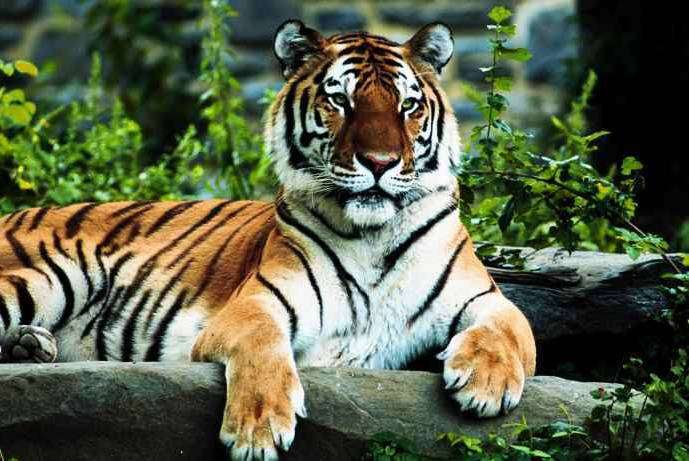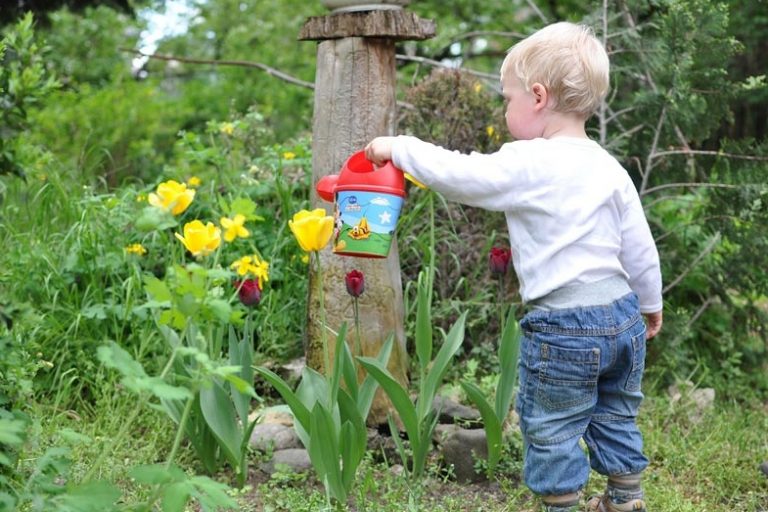
The Sundarbans, the earth’s largest mangrove delta and home to the indigenous Bengal tiger is facing a grave crisis. Every year, entire islands are being submerged by the rising sea levels caused by unnatural swelling of rivers and unpredictable rainfall. This is not merely an ecological crisis; it is also a socio-economic catastrophe which affects roughly more than 10 million people who inhabit this fragile collection of archipelagos. Global warming has caused the rapid melting of the Himalayan ice as a result of which, the rivers flowing down into the Bay of Bengal have swelled immensely thereby inundating several small islands in the Sundarbans. The island of Ghoramara, once home to a population of 40,000 has shrunk by two thirds in just a few decades and is now able to accommodate a mere 3000 people. This is not an isolated incident, several other islands in the Sundarbans such as New Moon Island and Lohachara have been completely wiped off the map and many more continue to shrink every year with the rising sea levels.
The loss of human habitat due to global warming has given birth to a new problem of far reaching consequences – the problem of climate refugees. It is estimated by the World Bank that ‘within the next decade, there will be millions of displaced inhabitants from the Sundarbans alone’. These destitute people have no option but to seek refuge in India or Bangladesh. Most of them illegally migrate to India from the Bangladeshi parts of Sundarbans through the river and make their way into Kolkata, one of India’s mega cities, located in close proximity to the Sundarbans. From Kolkata, these refugees make their way throughout India encroaching into various States in search of livelihoods. The majority of such migrants end up working in the unorganized labour sector as daily wage earners; where they are discriminated against and exploited due to their status. Such exploitation is often in atrocious and brutal forms which result in widespread but unreported human rights violations. Thousands of these refugees are forced into prostitution and other immoral and illegal activities in order to earn a living for their families. India’s population is already bursting at the seams and is further aggravated by poverty and poor implementation of welfare policies as a result of rampant corruption. An influx of millions of unwanted and penniless refugees from Bangladesh will make matters much worse. Moreover, India’s food security has been hit hard by climate change induced crop failures in the recent years. A culmination of severe droughts, floods and other natural disasters in various parts of the sub-continent has left the Indian agricultural sector, the economic backbone of the nation severely crippled. Rapid inflation induced by major crop failures and farmer suicides are among the host of socio-economic problems plaguing India as a result of climate change.

An interesting aspect of climate change is that it leaves the global south in the most vulnerable of conditions. The reasoning behind this predicament is two pronged: firstly, most of the global south is geographically more vulnerable as it is most exposed to the oceans and even slight increases in sea level would have significant impact on coastal regions. Secondly, the global south comprises of developing and least developed nations which lack adequate infrastructure, food security, education, resources and technology as a result of which they are relatively less resilient to the vagaries of climate change. In the unique case of India, these problems are further enhanced due to gross social inequality in terms of income, caste, religion, gender and community. These social inequities work in tandem to further weaken climate change resilience and adaptation efforts in the society. Climate change is not merely limited to an environmental crisis; the rippling effects of climate change breed an endless list of diverse economic and social issues such as inflation, poverty, human rights violations and others. Hence, India‘s position in the face of rapid global warming is extremely precarious from all fronts.
Climate refugees use migration as an adaptation mechanism to survive climate change. However, there was a scientific consensus in the Paris Agreement that the current impacts of climate change were beyond the adaptive capabilities of many communities across the world. Hence, there is an imminent need to ensure that we as a species limit global temperatures to below 1.5 degrees above pre-industrial levels. 2 degrees is not a safe zone, rather it signifies the beginning of the end and therefore it is critical that we as a collective species act right now to save ourselves from extinction. Controlling earth’s temperature levels at below 1.5 degrees instead of 2 degrees would make a humongous difference to the earth and our quality of life on it. It would among other things, prevent us from losing entire ecosystems and would aid improve food security. Scientists have concluded that the technology required for controlling temperatures below 2 degrees and below 1.5 degrees are the same and well within our current capabilities. The only difference is that more efficient and quicker political will is required if we are to achieve the goal of stabilizing temperatures below the 1.5 degrees target within the century. Efficient and effective deployment of clean and sustainable technology must be made and clean energy policies must be implemented stringently while our dependence on fossil fuels must be unconditionally stopped. The efforts to reduce carbon emissions, and control temperature levels is not an effort to save the earth, it is a plea to save humanity. The history of mankind has been marked with major wars whose outcomes have shaped the course of our lives. However, the convergence of crisis we are facing today in the form of climate change and global warming dwarfs every other human crisis in history in terms of what is at stake; we are waking up to realize the chilling prospect of our extinction in the near future. The time for half measures is at an end, we stand united at the very precipice of our civilization today with a responsibility to make the right choices in order to fight for the very existence of our future generations.





Leave a Comment